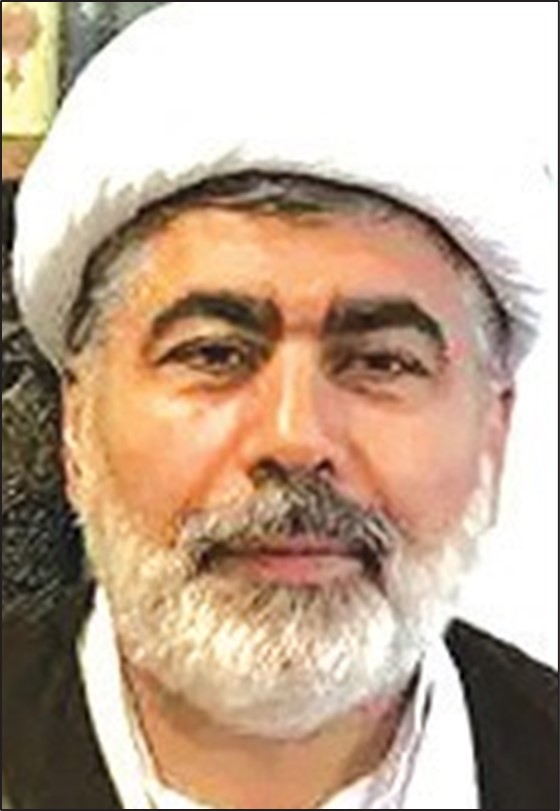All refugees are fleeing some threat of danger, but the safe haven Canada offered Farshad Mohammadi ultimately did not shelter him from the demons of his native Iran, his lawyer told the Montreal Gazette.
Before Mohammadi, 34, was shot and killed by police, he had attacked one officer with an X-acto knife. He had survived turmoil in the Kurdish region of Iran that marked him for life. What that was exactly, his immigration lawyer, Arash Banakar, said he does not know. But he does know Mohammadi was paranoid about authority figures.
After coming to Canada in 2006 as a refugee sponsored by the Canadian government, Mohammadi was confronted with legal and bureaucratic hurdles in Canada’s justice and immigration systems.
“Some people can adapt quite easily,” Banakar said, noting that in many cases refugee hardships actually make them more mentally resilient. But “some of them who have gone through traumatic experiences have these lingering scars that, even though they are now in safety, are hard to get rid of.”
Mohammadi was ordered deported after being found guilty of breaking and entering in 2008 at the Bell Canada tower in Montreal “for a place to sleep,” Banakar said.
For his crime he spent 20 days in jail awaiting his sentence and one night in jail as his actual sentence. At his last meeting with immigration officials in May, “he didn’t understand what was going on,” Banakar said. “He just didn’t grasp it.”
He “was fortunate enough to escape persecution from an extremely repressive regime and he came here in hopes of getting protection,” Banakar said. “It’s extremely, extremely sad—on many different levels—that this man was killed, essentially by the people he was hoping were going to protect him.”
Janet Dench, executive director of the Canadian Council for Refugees, wondered why immigration officials moved right away to strip Mohammadi of his permanent-residency status and deport him after his minor brush with the law.
To expel a refugee, officials must prove the person is a danger to the public, she said. She does not believe that was evidenced by Mohammadi’s break-in at an office tower to sleep.
“He never lost the fear of persecution and that’s what Canada needs to be concerned about. Are we sending a refugee back to face persecution?”
Dan Bohbot, president of the Quebec Immigration Lawyers Association, noted that refugees are granted interim heath-care coverage for one or two years upon arrival. In some cases, Quebec’s public health-care insurance no longer covers refugees, he told the Gazette.
“I know there are cases where people need medications for psychiatric reasons or other health reasons and their coverage expires and their problems get worse,” Bohbot said.
Aubin Boudreau, executive director of Accueil Bonneau, which has a center that serves meals to homeless men, said the men’s difficulties getting well are rooted in mental illness, not a person’s immigration status. He estimated 50 to 60 per cent of the 5,000 men his group helps annually have some type of mental-health problem.
“It’s just hard for anyone who is on the street,” Boudreau said. “If you lose your health card, it can seem insurmountable.”

















